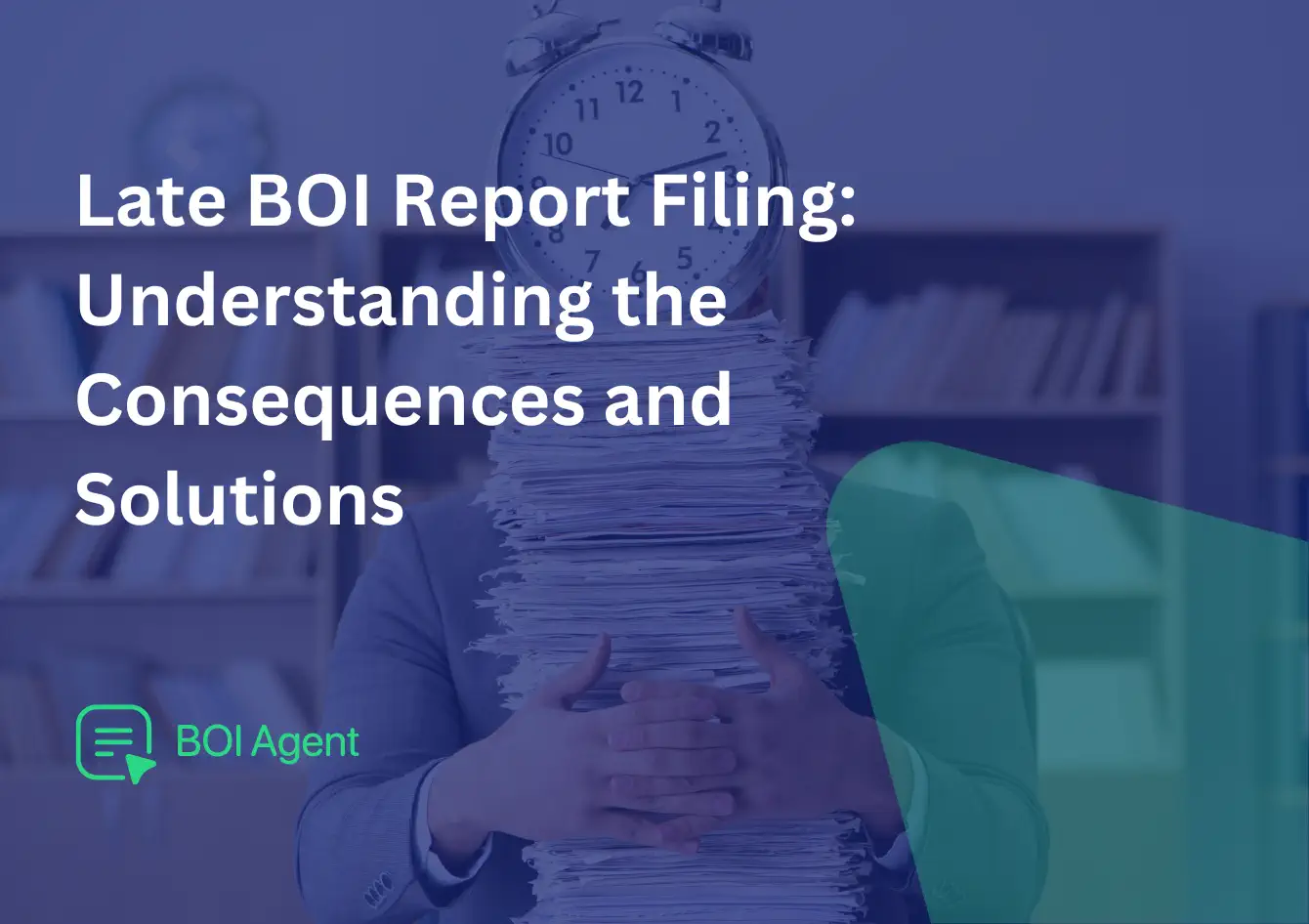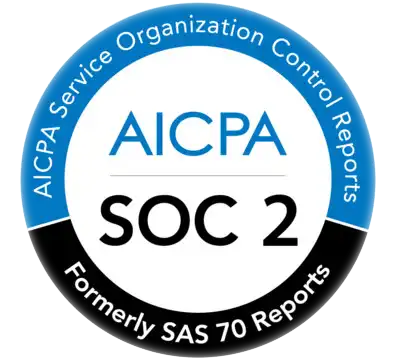The Financial Crimes Enforcement Network (FinCEN) has established strict requirements for Beneficial Ownership Information (BOI) reporting. Missing these deadlines can have serious consequences for your business. Here’s what you need to know about late BOI report filing and how to handle such situations.
Understanding the Consequences
Filing your BOI report late can result in several serious repercussions:
1. Financial Penalties
FinCEN imposes civil monetary penalties for late BOI report submissions. The severity of these fines often depends on factors such as:
- The size of your business entity
- The duration of the delay
- The nature of the violation (willful vs. unintentional)
2. Increased Regulatory Scrutiny
Late filing typically results in:
- Enhanced monitoring by FinCEN
- More frequent regulatory audits
- Detailed investigations of your business operations
3. Reputational Damage
Non-compliance can:
- Harm your business’s reputation
- Create obstacles in partner relationships
- Impact client trust
- Affect future business opportunities
4. Criminal Charges
In severe cases, particularly involving willful non-compliance, consequences may include:
- Criminal charges
- Potential imprisonment
- Permanent business record impacts
What to Do If You’ve Filed Late
If you find yourself in a situation where you’ve missed the BOI filing deadline, take these immediate steps:
Contact FinCEN Immediately
- Explain your situation
- Provide supporting documentation
- Demonstrate good faith efforts to comply
Submit a Corrected Report
- File as soon as possible
- Ensure all information is accurate and complete
- Include any required explanations for the late filing
Seek Legal Counsel
- Consult with an attorney experienced in FinCEN regulations
- Get guidance on minimizing potential penalties
- Understand your rights and obligations
Review Internal Processes
- Audit your compliance procedures
- Identify what led to the late filing
- Implement preventive measures for the future
Prevention: Best Practices for Timely Filing
To avoid future late filings, implement these best practices:
1. Identify Beneficial Owners
- Review your organization’s structure
- Document all beneficial owners
- Keep ownership information current
2. Gather Required Information
Maintain updated records of:
- Legal names
- Current addresses
- Dates of birth
- Citizenship status
- Identification documents
3. Choose Your Filing Method
- Determine whether electronic or mail filing works best for your organization
- Ensure you have the necessary tools and access for your chosen method
4. Create a Compliance Calendar
- Mark all relevant deadlines
- Set internal deadlines ahead of actual due dates
- Establish regular review periods
Key Factors Affecting BOI Reporting Requirements
Understanding these elements helps ensure proper compliance:
State Laws
- Review your state’s specific requirements
- Understand how local regulations interact with federal requirements
Legal Structure
- Know how your organization’s structure affects reporting obligations
- Understand exemptions and special requirements
Operations
- Assess your business activities’ risk level
- Consider how operational changes might affect reporting requirements
Conclusion
Late filing of BOI reports can have serious consequences for your business, but taking prompt action can help mitigate these impacts. The key is to address any late filings immediately while implementing robust systems to prevent future occurrences. Remember, maintaining compliance isn’t just about avoiding penalties—it’s about building a reputation for reliability and trustworthiness in the business community.
For specific guidance regarding your situation, always consult with qualified legal professionals who can provide advice tailored to your circumstances. Stay proactive, stay informed, and most importantly, stay compliant.






